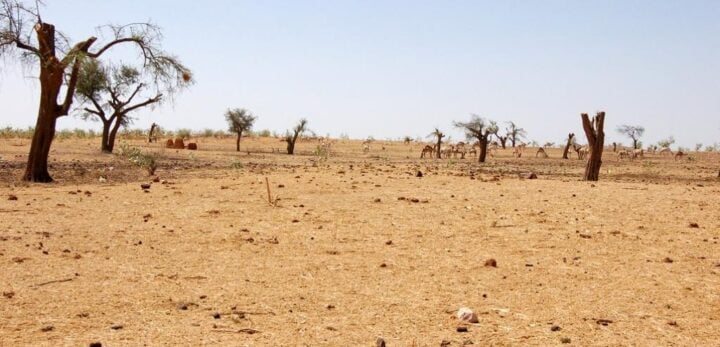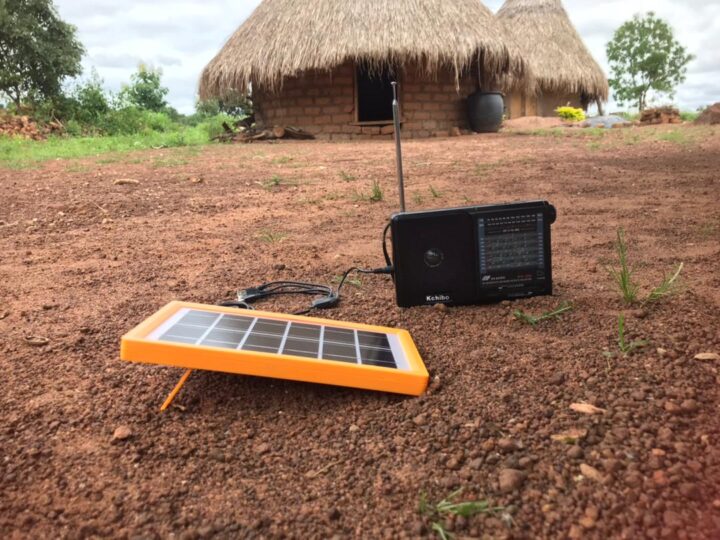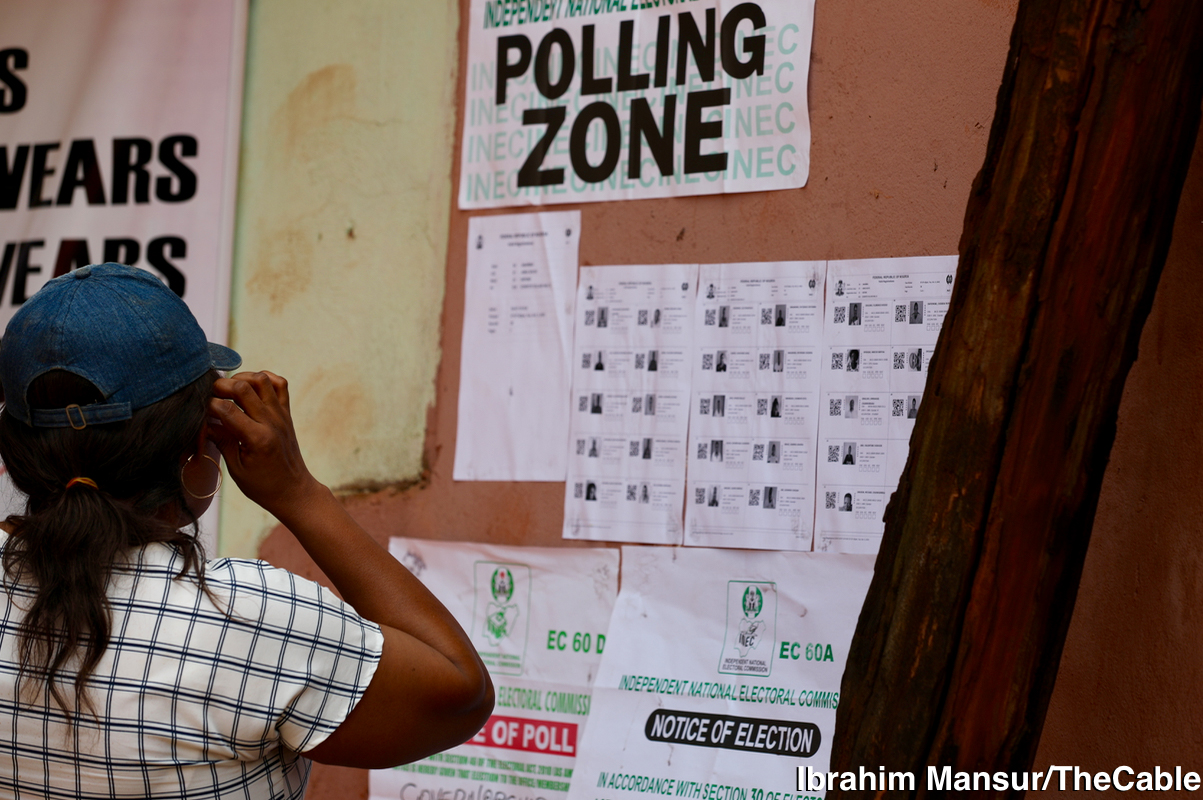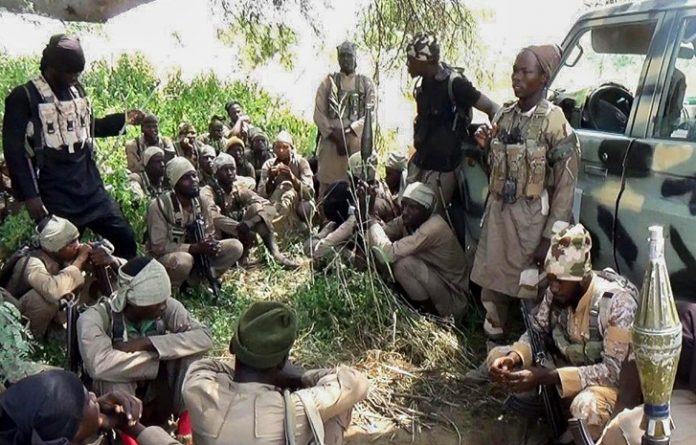BY CLAIRE MOM
Disasters and catastrophes are not new to the world. From devastating biblical earthquakes to the Great Depression and now the infamous COVID-19 pandemic, we have had a fair share of tribulations — with lots of them caused by us humans.
But while most of these have come and gone, one has persisted, much to the confusion of many — climate change. What is this mysterious plague and why has it stayed a thorn in our flesh?
Simply put, climate change is a long-term shift in temperatures and weather patterns. This means temperature damages have since occurred, stripping the earth of its protective shield. The primary cause of this boils down to human activities. As a matter of fact, reports date this looming calamity as early as the 1800s.
Advertisement
Most of these activities involve greenhouse gas emissions. Now, some [green] gases in the earth’s atmosphere act by trapping the sun’s heat and stopping it from leaking back into space. This causes global warming – an arm of climate change. While most of these gases – carbon dioxide, nitrous oxide, and more, – occur naturally, human activities are increasing their concentration in the atmosphere.
Deforestation, livestock farming and the burning of coal, oil, and gas (which can be in the form of heavy industrial manufacturing) are among the leading reasons for these rising emissions.
In 2020, the second-warmest year on record, the earth’s surface temperature increased by 0.98 Celsius degrees. That year was warmer than any in the 20th-century. Since then, global temperatures have reached new peaks.
Advertisement
While that figure might not seem like a lot, it directly translates to a rise in sea levels and a growing number of weather-related catastrophes, including storms, tropical cyclones, floods, and droughts.
This goes to state that climate change lays the foundation for natural disasters.
To corroborate this, the World Meteorological Organization (WMO) and UN Office for Disaster Risk Reduction (UNDRR) reports that climate change and increasingly extreme weather events have caused a surge in natural disasters over the past 50 years disproportionately impacting poorer countries.
If these disasters have cost rich countries like the United States about $2.5 trillion in damages, one can only imagine the economic decline laid out for developing countries.
Advertisement
Some of these include the Bhola cyclone, the Indian Ocean earthquake, Hurricane Maria, the California wildfire, etc.
But it’s not just natural disasters that climate change brings with it. Between 2030 and 2050, approximately 250,000 additional deaths per year are expected to occur from climate-sensitive diseases and conditions. These include, but are not limited to, heat stress, dengue, malnutrition, and diarrhoea. When this period arrives, developing countries with weak health infrastructure will be the least able to cope without adequate assistance to prepare and respond.
If the effects of climate change are not mitigated, some land and sea animals stand to lose their homes due to forest fires and increased water temperatures, to say the least. While some species will be able to relocate and survive, others will not.
When you closely examine the data, the whole world is affected.
Advertisement
Climate change is slowly taking our homes right under our noses. With human activities as the main driver, the situation becomes almost pathetic. To protect the planet, climate action must be taken.
How can we help? It can be as simple as planting trees and using less plastic.
Advertisement
By incorporating climate change measures into national policies, creating awareness, and improving education on climate change topics, efforts must be made to protect our world. The gradual decline of the pandemic is proof that collective effort is a key tool.
Seeing how the fate of the earth lies in its treatment, one can only wonder if enough attention is brought to the matter.
Advertisement
Claire Mom is a Nigerian journalist. Reach her via email at [email protected] or Twitter @speakclairely_
Advertisement






